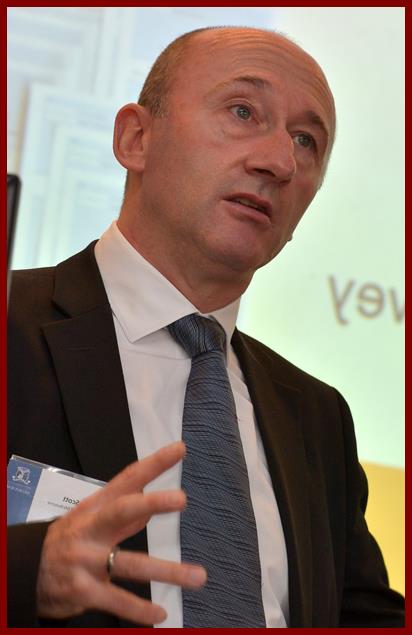CHHRN International Advisory Committee: Anthony Scott, University of Melbourne, Australia

Dr. Anthony (Tony) Scott leads the Health Economics Research Program at the Melbourne Institute of Applied Economic and Social Research at the University of Melbourne, Australia. He jointly co-ordinates the University of Melbourne Health Economics Group. He has a PhD in Economics from the University of Aberdeen. Tony is a National Health and Medical Research Council (NHMRC) Principal Research Fellow. He is an Associate Editor of Journal of Health Economics and Health Economics, and is on the Advisory Board of CHHRN. Tony's research interests include the role of financial and other incentives in changing the behaviour and improving the performance of health care providers, with a focus on general practice and primary care and the labour markets of health care professionals. Tony is principal investigator on the landmark NHMRC Centre for
Research Excellence in Medical Workforce Dynamics which houses the Medicine in Australia: Balancing Employment of Life (MABEL) panel survey of 10,000 doctors (www.mabel.org.au ). This unique survey includes doctors of all types, at all stages of their career, and in all sectors. MABEL has been funded for 9 annual waves until 2016. The research focuses on factors influencing labour supply and workforce participation decisions by doctors, including career transitions and mobility across geographic areas. It examines the determinants of behaviour using panel data econometric techniques, and also uses discrete choice experiments. De-identified individual-level data are available for others to use, with over 100 users of the data. MABEL has currently produced over 30 peer reviewed papers, and research has had an impact on changing the incentives for GPs to locate in rural areas. In addition, we receive about 40 enquires per year about MABEL data from researchers and a range of medical professional organisations. Tony is also an author of a book for the World Bank: “Analyzing Markets for Health Workers: Insights from Labor and Health Economics”.
“The behaviour of doctors is central to efficiency and equity in the health care system. Only by studying the factors influencing the decisions they make, can effective policies be designed to change their behaviour. MABEL has provided some unique insights into how doctors choose their specialty, how they allocate their time between the public and private sector, the work-life balance issues facing female doctors, and what influences doctors to work in and stay in rural areas. All of these decisions influence access to care by patients. Promoting more research around the health workforce through making datasets available, and linking health workforce data to patient-level data on health outcomes presents the greatest challenge. We will never know the ‘right’ number of health professionals to train unless we know their impact on health outcomes and costs.” -Anthony Scott
